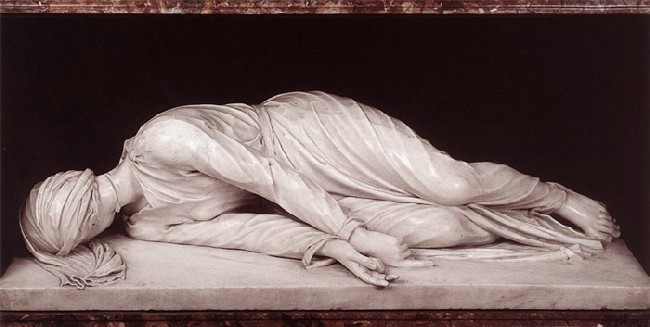Recently someone asked how many of the hours (vigils, lauds, terce, sect, none, vespers, and compline, see example) do oblates typically pray/read/sing in a day — oblates with full-time jobs, spouses, children, etc?
I thought that I would estimate what I do — I have a full-time job and spouse and additional family responsibilities like many have. The purpose in providing this information is to perhaps correct impressions by those who are just becoming interested in oblate monasticism — “must I pray seven times a day?” Do they go around in monks’ cloaks? Do they live in the monastery? No and No and No.
It is not about numbers or what we wear.
So with that background — what are my numbers? Looking back on the last 100 days, and just estimating the offices I prayed, here is what I think I do:
20% of the days I read one office for the day.
50% of the days I read two offices for the day.
15% of the days I read three offices for the day.
6% of the days I read four offices for the day.
5% of the days I read five offices for the day.
3% of the days I read six offices for the day.
1% of the days I read seven offices for the day.
For most of the days when I read up to three offices it is vigils, lauds, and compline.
Everyone wisely advises that oblates should follow monastic practices as our state in life allows.
We should not to fret when we do not pray 150 Psalms each week.
Developing the monastic spirit and lifestyle — silence, lectio divina (slow prayerful reading of scripture or early church fathers), and simplicity — is what is desired.
For me, I use Benedictine Daily Prayer. And I also read daily from the Rule and frequently from the RB 1980, usually after the divine office. Everyone is so different in finding things that work.
Praying without ceasing is the goal — this means, more than a scorecard, a life centered on God and being at peace in His love during the day, or to paraphrase a quote from Saint Andrews Abbey (in the high desert of southern California):
OBLATES COMMIT THEMSELVES to a never-ending process of integration - a deepening of their awareness of and responsiveness to God through the practice of contemplative prayer. This ongoing process of integration is referred to in the Rule as conversatio morum, fidelity to the monastic lifestyle. It is the oblates' continuous consecration to God of the deepest parts of their selves and their lives.
Monday, September 1, 2008
Number of daily offices I pray. A Benedictine oblate blog.
Subscribe to:
Post Comments (Atom)










My monastery requires oblates to say at least one of the hours a day. I usually say one (either Lauds or Vespers), but will try to fit others in when I can.
ReplyDeleteI use the Monastic diurnal. Sometimes I say the office in Latin and other times when I am just really tired I'll say it in English.
Since I use the traditional Benedictine Office, I very rarely say Vigils since that does take longer than the other hours.
Saying the office in Latin is amazing, but very monastic, that is excellent.
ReplyDeleteI am glad that your monastery recognizes that oblates often cannot do more than one office a day and that we will do more offices as we are able.
Thank you for the comment, it helps to hear about what others are doing. And for those just beginning, it can be reassuring that there are many ways to live closer to the Rule and still live in the world — however, that Latin part may be a bit beyond most of us!